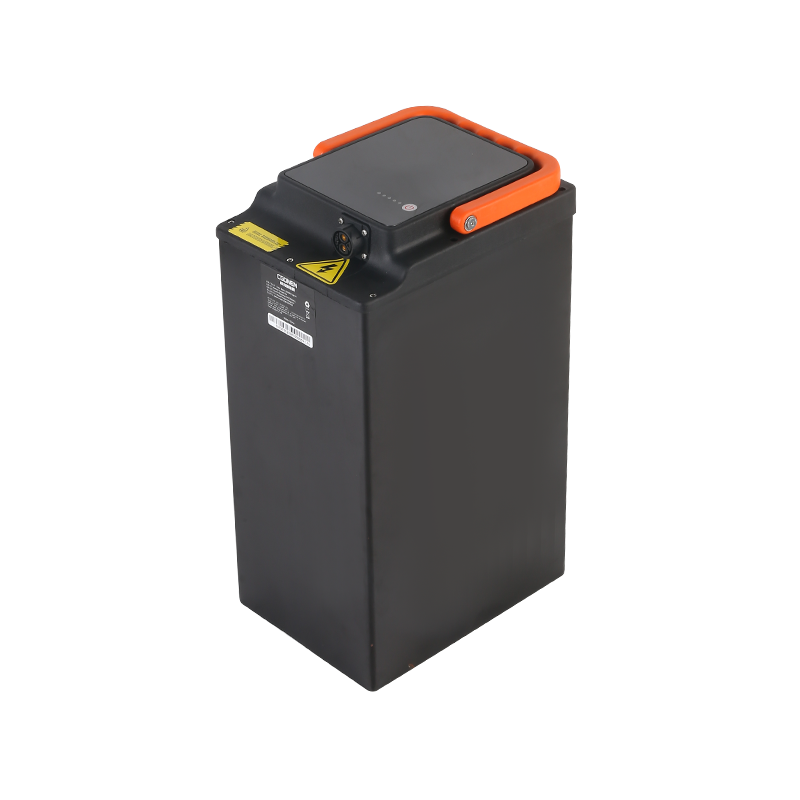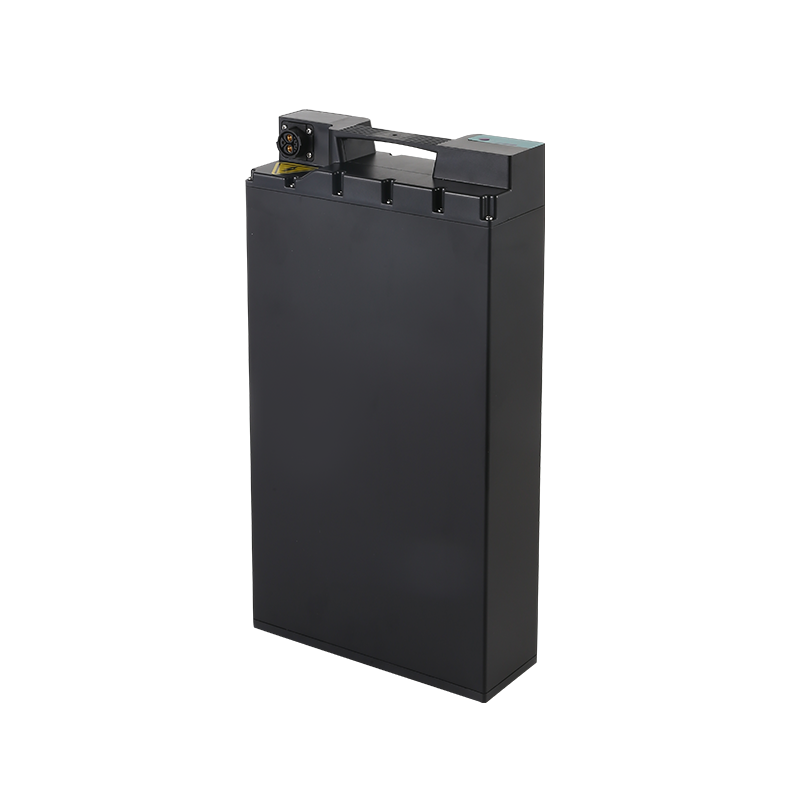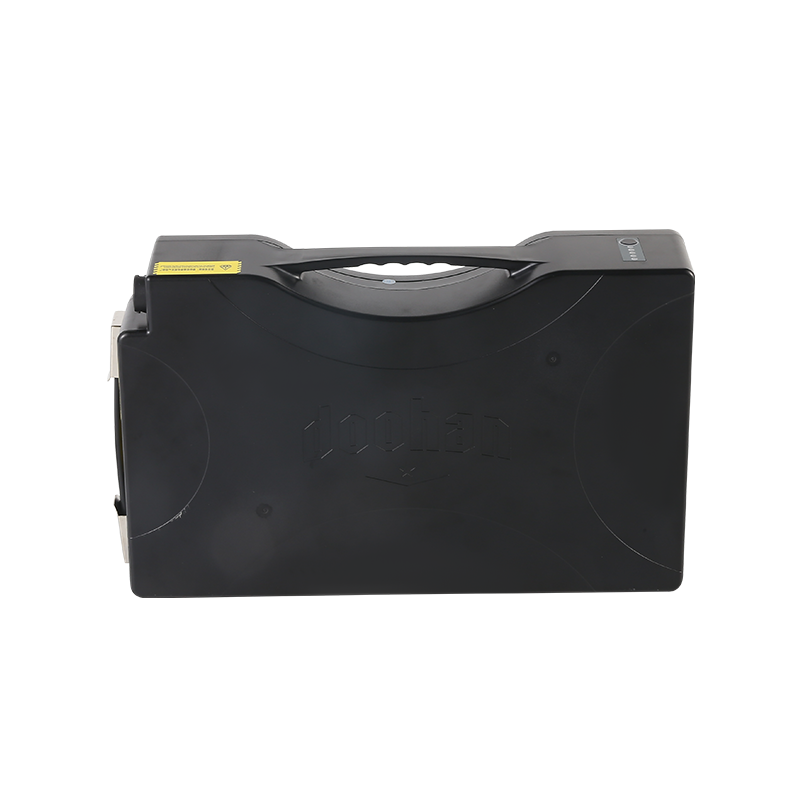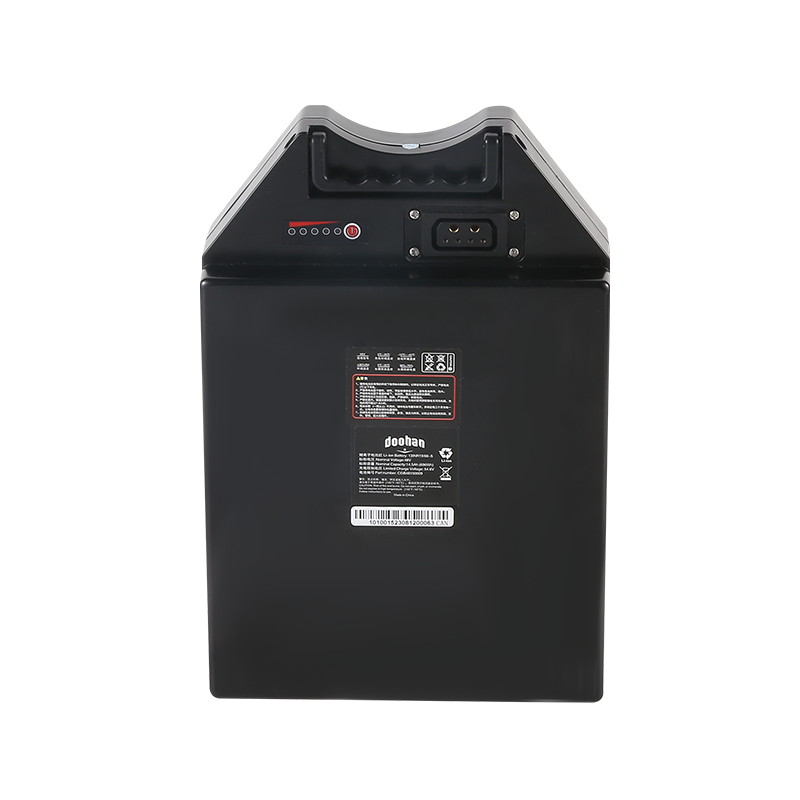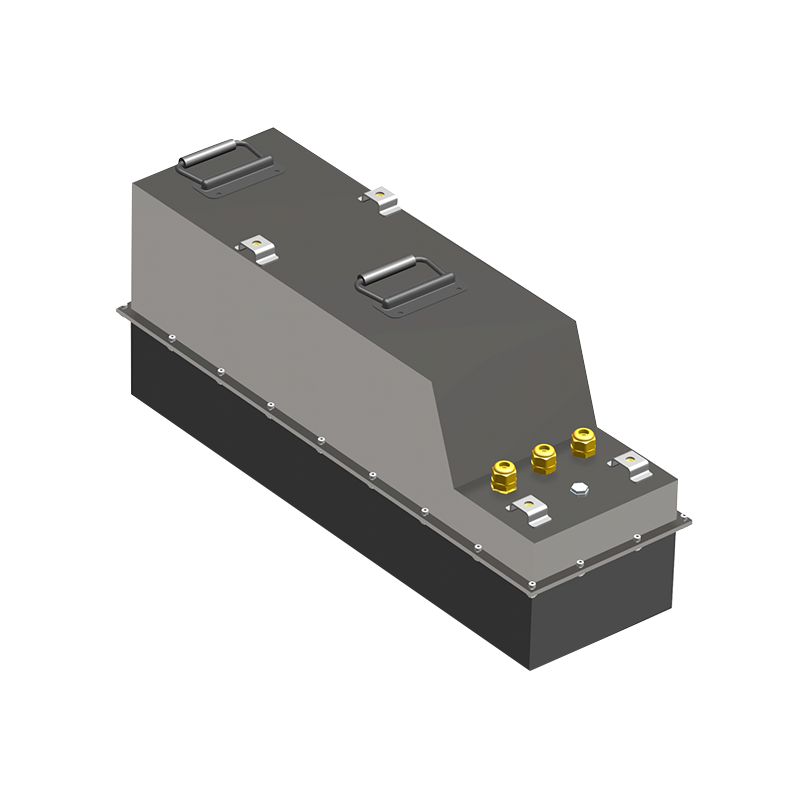Web Menu
Product Search
Exit Menu
A Pivotal Component in Energy Storage Solutions
Cylindrical Cell Module Wholesaler Exporter Producer
Cylindrical cell modules are a type of battery cell configuration that has gained significant traction in the energy storage industry. These modules, characterized by their round shape and standardized dimensions, offer a range of benefits that make them ideal for various applications, from portable electronics to large-scale energy storage systems.
Cylindrical cell modules are constructed using a cylindrical can, typically made from aluminum or steel, which houses the cell's internal components. Inside the can, a spirally wound electrode assembly is placed, consisting of a cathode, an anode, and a separator soaked in an electrolyte. The electrodes are wound together to big the surface area in contact with the electrolyte, which enhances the cell's capacity and performance.
The construction process involves several steps, including the preparation of the electrode slurry, coating the current collectors, calendering, cutting, and finally, the assembly of the cell. The cell is then sealed, and a protective layer is added to ensure safety and longevity.
Advantages of Cylindrical Cell Modules
1. Standardization: Cylindrical cells are available in standardized sizes, which simplifies the manufacturing process and allows for easy integration into various applications.
2. Thermal Management: The cylindrical shape allows for better heat dissipation compared to other cell formats, reducing the risk of thermal runaway and improving overall safety.
3. Mechanical Strength: The robust construction of cylindrical cells provides mechanical strength, making them resistant to physical damage.
4. Flexibility in Configuration: Cylindrical cells can be easily arranged in series or parallel to create battery packs with the desired voltage and capacity.
5. Long Cycle Life: Due to their design, cylindrical cells often exhibit a longer cycle life compared to other cell formats, which is crucial for applications requiring high durability.
Applications of Cylindrical Cell Modules
1. Portable Electronics: Cylindrical cells are widely used in portable devices such as laptops, mobile phones, and digital cameras, where their compact size and high energy density are advantageous.
2. Electric Vehicles (EVs): The automotive industry has adopted cylindrical cells for electric vehicles due to their high energy density, safety features, and the ability to be configured into high-capacity battery packs.
3. Energy Storage Systems: In grid-scale and residential energy storage systems, cylindrical cells provide a reliable and scalable solution for storing renewable energy and managing peak loads.
4. Power Tools: High-performance power tools, such as drills and impact drivers, benefit from the high discharge rates and energy density of cylindrical cells.
5. Uninterruptible Power Supplies (UPS): Cylindrical cells are used in UPS systems to provide backup power during outages, ensuring continuous operation of critical equipment.
While cylindrical cell modules offer numerous benefits, they also face challenges such as the need for efficient packaging to big energy density and the ongoing development of new materials to improve performance and reduce costs.
Research and development in the field of battery technology are continuously pushing the boundaries of what is possible. Innovations in materials, such as lithium-ion, lithium-sulfur, and solid-state batteries, are expected to further enhance the capabilities of cylindrical cell modules.
Cylindrical cell modules represent a versatile and efficient solution for energy storage, with applications ranging from portable electronics to large-scale energy storage systems. Their standardized design, thermal management, mechanical strength, and flexibility in configuration make them a popular choice in various industries.
-

+86-13049701086
-

Stonehuang@CGONEN.com
-

No.88, Huji Road, Taizhou Bay Binhai New Area, Jiaojiang District, Taizhou City, Zhejiang Province, China


